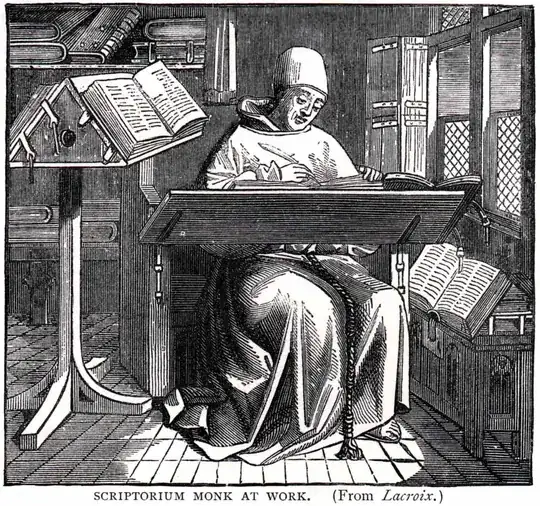Is it possible to construct a message that passively degrades over time without requiring an external factor to destroy it?
Things that are similar, but not what I mean:
- A hard drive that degrades over time may become harder to read, but if you successfully copy the data from it to a more robust media, that data persists. Put another way, this is the media that degrades, not the message.
- An executable that, when run, destroys all or part of itself. But if you can keep it from executing, it can't destroy itself. Here, it is not a passive trait that causes the message to destruct, nor is it unpreventable.
Instead, I mean to describe a message that goes from a readable to an unreadable state over a configurable period of time without any external intervention. For example, if I could encrypt a message using an unreproducible characteristic of a radioactive isotope, once that isotope had decayed past a point, it might not be possible to decrypt the original message. But that sounds like crazy science fiction. Are there any real scenarios where such a thing is possible?
Notes on "external"
I got a bit overexcited about this idea and abused the word "external". It doesn't matter if there are external factors involved; what I really just mean is
Is it possible to create a real system where a message can be created with a TTL and no human power can prevent that message from becoming unreadable after the TTL?
The "isotope" concept is an example where the message itself still exists, but our ability to read it decays. I don't want to get into semantics discussions about "external", but what I really mean is that the decay is "unpreventable" (without magic or even more advanced sci-fi).
Edit: I added italicized notes to the bulleted list.
